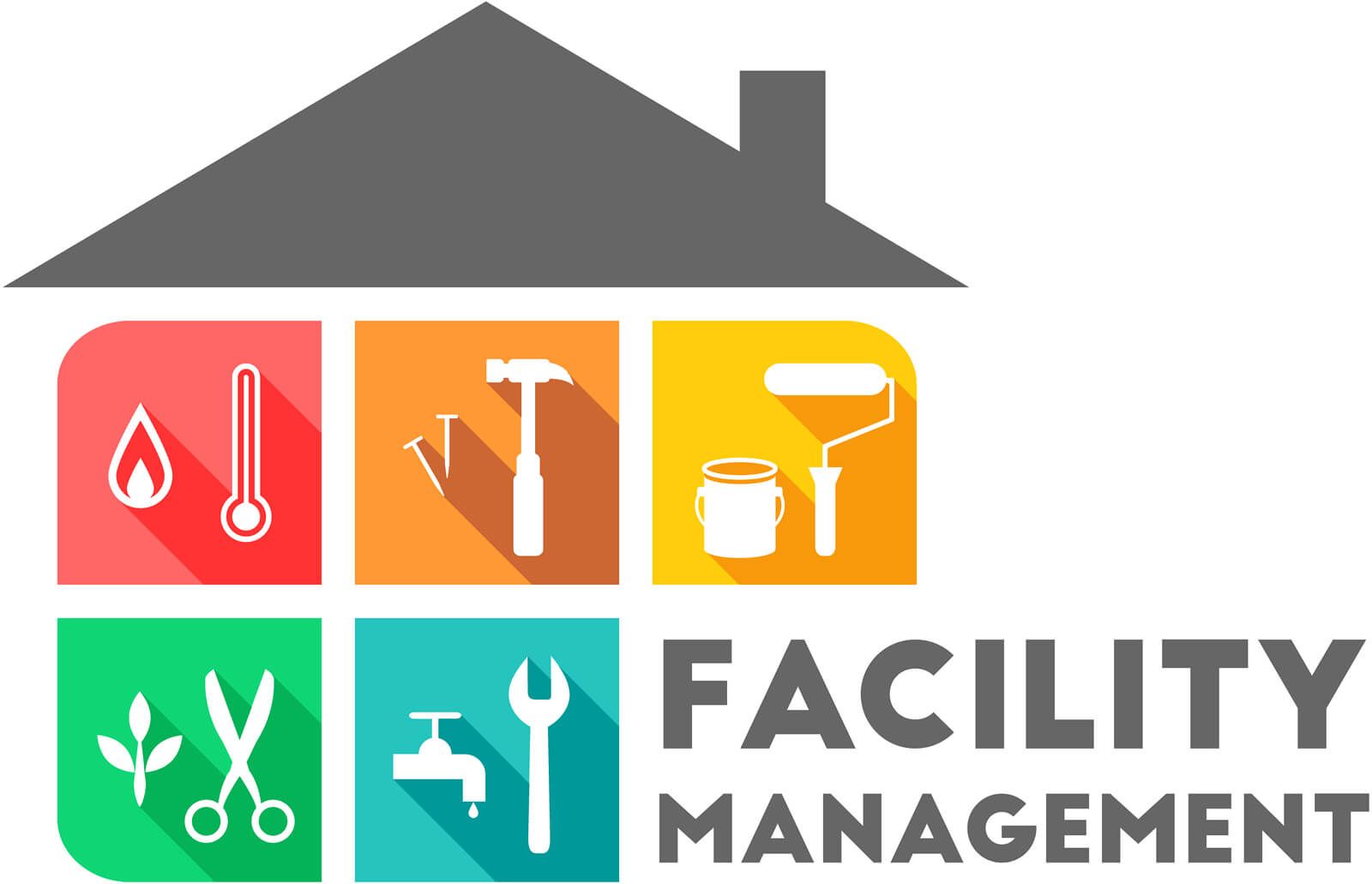Top Reasons to Invest Total Facility Management for Your Business
Top Reasons to Invest Total Facility Management for Your Business
Blog Article
Leading Advantages of Total Facility Management for Streamlined Procedures
Total Facility Management (TFM) represents a calculated approach to boosting operational performance by incorporating different solutions, such as maintenance and security, under a unified management structure. The concern remains: what details advantages can companies harness from adopting TFM, and exactly how might these benefits change their functional landscape?
Improved Functional Performance
Enhanced operational efficiency is a key advantage of executing total facility management (TFM) methods. TFM encompasses a detailed approach to handling a center's sources, procedures, and facilities, inevitably streamlining operations. By settling numerous services-- such as maintenance, cleaning, space, and safety management-- TFM boosts and decreases redundancies coordination among various functional features.
The integration of innovation additional magnifies this performance. Advanced facility management systems give real-time information analytics, making it possible for facility supervisors to make informed decisions that improve operations and source allotment. Predictive maintenance techniques, for example, expect devices failings prior to they take place, lowering downtime and expanding property life-span.
In addition, TFM advertises standard procedures throughout different departments, making sure uniformity and high quality in solution shipment. This uniformity minimizes functional interruptions and fosters a more joint workplace. Because of this, staff members can concentrate on their core duties, driving efficiency and improving overall efficiency.

Price Reduction and Savings
Carrying out total facility management (TFM) not just increases functional efficiency yet also dramatically contributes to set you back decrease and cost savings. By settling various services under a single management structure, organizations can get rid of redundancies and simplify procedures, therefore reducing functional prices. TFM enables far better procurement methods, permitting companies to discuss bulk acquiring arrangements with distributors and company, bring about lower costs.
Furthermore, TFM highlights preventative upkeep, which minimizes unexpected break downs and prolongs the life-span of vital tools. This aggressive strategy not only reduces repair work expenses however likewise boosts the reliability of facilitiess, ensuring uninterrupted operations. Additionally, energy efficiency initiatives, typically a crucial emphasis of TFM, cause considerable cost savings on utility expenses, as facilitiess are optimized for reduced power intake.
Improved Resource Management
Efficient source management is a cornerstone of total facility management (TFM), allowing organizations to optimize the use of their assets and labor force. By executing TFM techniques, organizations can adequately assess their source appropriation, ensuring that every property is used efficiently and successfully. This holistic method enables the recognition of underperforming resources and the potential for reallocation or improvement.
On top of that, TFM assists in the combination of innovation for real-time surveillance of sources, which aids in forecasting maintenance needs and protecting against pricey downtime. By leveraging information analytics, organizations can make enlightened choices about source implementation, ultimately enhancing efficiency and lowering waste.
Moreover, TFM advertises a culture of constant improvement, motivating groups to regularly review and fine-tune their source management methods. Total Facility Management. This proactive stance not just reduces operational disturbances however additionally fosters advancement, as employees are equipped to recommend improvements based on their direct experiences with source usage
Streamlined Interaction Networks
In total facility management, structured interaction channels play a critical role in promoting cooperation and efficiency across groups. Reliable communication makes certain that all stakeholders, consisting of facility supervisors, upkeep personnel, and solution providers, are lined up with operational demands and business objectives. By developing clear lines of interaction, teams can swiftly deal useful link with problems, share updates, and implement solutions, thus lessening downtime and boosting efficiency.
With streamlined interaction systems, info is conveniently obtainable, permitting real-time updates on maintenance demands, resource appropriation, and task timelines. This transparency not just decreases misunderstandings but additionally encourages staff members to make enlightened choices promptly. In addition, structured interaction promotes better coordination during emergency situations, ensuring that all employees are educated and can react immediately.

Increased Focus on Core Activities
A crucial advantage of total facility management is the enhanced emphasis on core tasks, permitting organizations to concentrate on their main business objectives - Total Facility Management. By outsourcing non-core features such as security, maintenance, look at these guys and cleaning, companies can redirect their resources and energy towards calculated campaigns that straight add to their affordable benefit and development
Total facility management incorporates numerous functional jobs under a solitary umbrella, cultivating effectiveness and reducing redundancy. This consolidation not just simplifies procedures yet additionally improves responsibility, making sure that every element of the facility runs sympathetically without diverting attention from what really matters-- core business features.
Furthermore, this approach makes it possible for employees to commit their effort and time to tasks that drive development and improve consumer satisfaction, instead of obtaining slowed down by operational challenges. With a dependable facility management partner handling everyday operations, companies can accomplish higher dexterity, respond quickly Related Site to market adjustments, and keep a sharper emphasis on their mission.
Inevitably, raised concentrate on core tasks brings about enhanced total performance, allowing companies to enhance their market position and fulfill their tactical objectives better. - Total Facility Management
Verdict
In conclusion, Total Facility Management substantially improves operational performance by settling important services and leveraging data analytics for informed decision-making. Expense decreases and enhanced resource management add to overall savings, while structured interaction networks foster cooperation amongst stakeholders.
Total Facility Management (TFM) stands for a strategic strategy to enhancing functional efficiency by incorporating numerous services, such as upkeep and protection, under a unified management structure.Boosted operational effectiveness is a key benefit of carrying out total facility management (TFM) approaches. Advanced facility management systems give real-time data analytics, enabling facility managers to make informed decisions that improve process and source allowance.Carrying out total facility management (TFM) not only boosts functional performance yet likewise significantly adds to set you back reduction and financial savings.Efficient source management is a foundation of total facility management (TFM), enabling organizations to optimize the use of their possessions and labor force.
Report this page